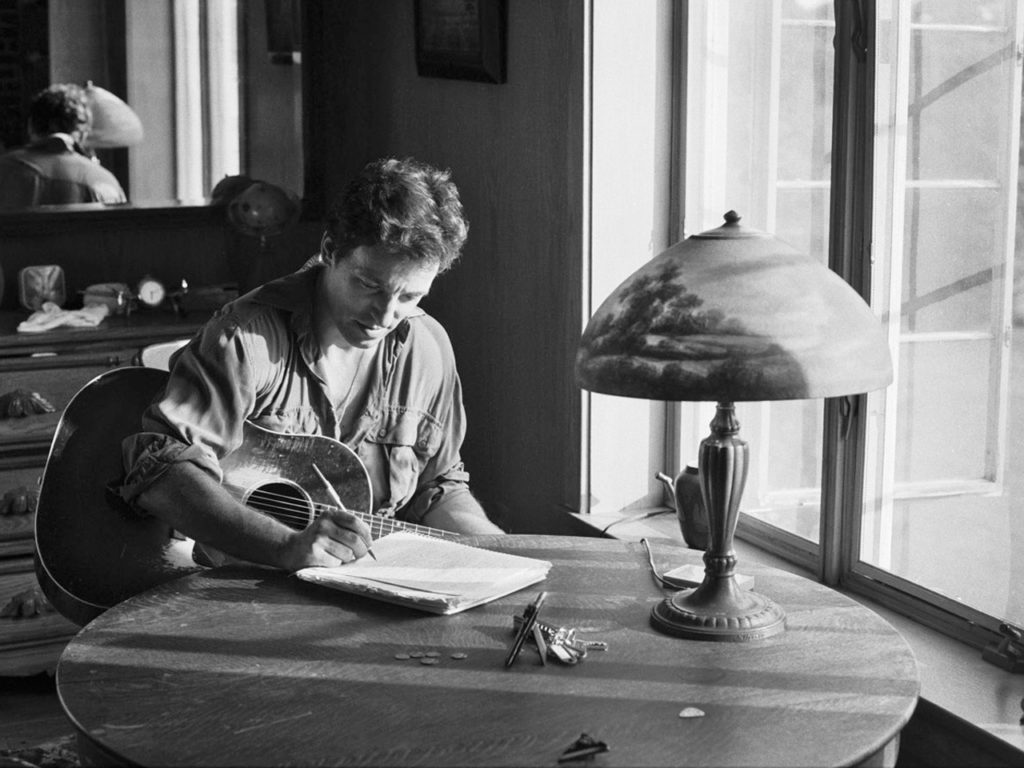I recently finished reading three books I’ve had in my TBR pile for a long time. In fact, The Cookbook Collector and Heavy have been on my Kindle for years. Here are some quick reviews.
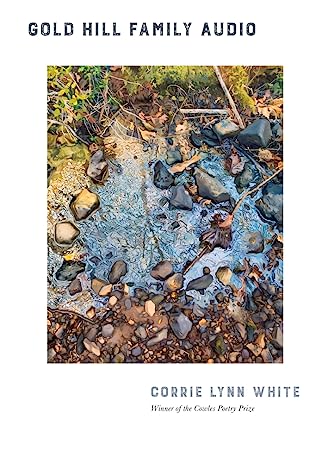 Gold Hill Family Audio (Cowles Poetry Prize Winner) by Corrie Lynn White
Gold Hill Family Audio (Cowles Poetry Prize Winner) by Corrie Lynn White Published by Southeast Missouri State University Press on 2022
Genres: Poetry
Pages: 75
Format: Paperback
Buy on Amazon, Buy on Bookshop
This post contains affiliate links you can use to purchase the book. If you buy the book using that link, I will receive a small commission from the sale.
Goodreads
"It is hard not to fall in love with the sensual, contemplative, sharp-eyed and often playful voice of Corrie Lynn White in her gutsy debut as she traverses the landscape of her personal history—its 'uneven ground' and its badass set of matriarchs—looking to chart her own 'narrow road' toward a complete and fulfilling life. Sometimes that means, 'delet[ing] Tinder,' and going it alone. Sometimes that means embracing romance and its raw 'I sleep next to him/like a hog/ when it finds/ cold mud.' Where must we go? And, who with? It is the anxieties of this poet’s very human search that ring most true. And, as a woman, I have rarely felt so seen by a book." —Lauren Goodwin Slaughter, author of Spectacle.
Full disclosure, Corrie Lynn White and I attended a Kenyon Writing Workshop for Teachers some years ago. We were not in the same group, so I didn’t hear much of her writing at the workshop, but I did hear her work at our final reading and was very impressed. I enjoyed her collection. My favorite poem was “To Mother or To Be Lonely,” mainly because the line “They put stale cornbread in their milk and let it soften” made me think of my grandmother, who used to crumble cornbread into her buttermilk.
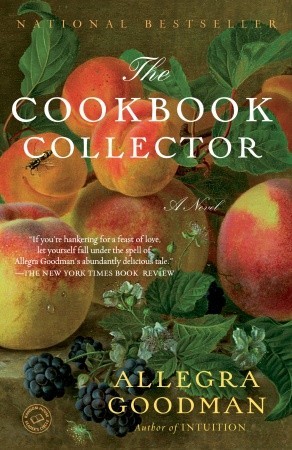 The Cookbook Collector by Allegra Goodman
The Cookbook Collector by Allegra Goodman Published by The Dial Press on 2010
Genres: Contemporary Fiction
Pages: 405
Format: E-Book, eBook
Buy on Amazon, Buy on Bookshop
This post contains affiliate links you can use to purchase the book. If you buy the book using that link, I will receive a small commission from the sale.
Goodreads
Heralded as “a modern day Jane Austen” by USA Today, National Book Award finalist and New York Times bestselling author Allegra Goodman has compelled and delighted hundreds of thousands of readers. Now, in her most ambitious work yet, Goodman weaves together the worlds of Silicon Valley and rare book collecting in a delicious novel about appetite, temptation, and fulfillment.
Emily and Jessamine Bach are opposites in every way: Twenty-eight-year-old Emily is the CEO of Veritech, twenty-three-year-old Jess is an environmental activist and graduate student in philosophy. Pragmatic Emily is making a fortune in Silicon Valley, romantic Jess works in an antiquarian bookstore. Emily is rational and driven, while Jess is dreamy and whimsical. Emily’s boyfriend, Jonathan, is fantastically successful. Jess’s boyfriends, not so much—as her employer George points out in what he hopes is a completely disinterested way.
Bicoastal, surprising, rich in ideas and characters, The Cookbook Collector is a novel about getting and spending, and about the substitutions we make when we can’t find what we’re looking for: reading cookbooks instead of cooking, speculating instead of creating, collecting instead of living. But above all it is about holding on to what is real in a virtual world: love that stays.
I was a bit disappointed that this book had a misleading title. I thought it would be much more about this old bookstore and the collection of cookbooks. I found it kind of improbable that some of the cookbooks in the collection existed, as I know a bit about collecting cookbooks—I collect them myself. A “signed Mrs. Fisher“? Doesn’t exist! Details like that will just take you out of the plot. The book was much more about the Dot-Com Bubble. I can see this book is pretty polarizing on review sites. It seems like a lot of people hate it. I didn’t. It was good, even if it wasn’t what I was expecting. However, I don’t think anyone does Allegra Goodman any favors by comparing her to Jane Austen. The only comparison I see is that the plot is loosely lifted from Sense and Sensibility.
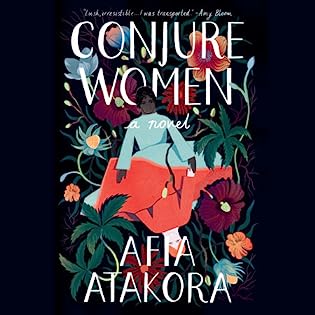 Conjure Women by Afia Atakora
Conjure Women by Afia Atakora Narrator: Adenrele Ojo
Published by Random House Audio on April 7, 2020
Genres: Historical Fiction
Length: 13 hours 59 minutes
Format: Audio, Audiobook
Source: Library
Buy on Amazon, Buy on Bookshop
This post contains affiliate links you can use to purchase the book. If you buy the book using that link, I will receive a small commission from the sale.
Goodreads
A mother and daughter with a shared talent for healing—and for the conjuring of curses—are at the heart of this dazzling first novel
Conjure Women is a sweeping story that brings the world of the South before and after the Civil War vividly to life. Spanning eras and generations, it tells of the lives of three unforgettable women: Miss May Belle, a wise healing woman; her precocious and observant daughter Rue, who is reluctant to follow in her mother’s footsteps as a midwife; and their master’s daughter Varina. The secrets and bonds among these women and their community come to a head at the beginning of a war and at the birth of an accursed child, who sets the townspeople alight with fear and a spreading superstition that threatens their newly won, tenuous freedom.
Magnificently written, brilliantly researched, richly imagined, Conjure Women moves back and forth in time to tell the haunting story of Rue, Varina, and May Belle, their passions and friendships, and the lengths they will go to save themselves and those they love.
I struggled with how to rate this one. The characters and story were compelling, but the story dragged in parts. The book is clearly well-researched, and Bruh Abel is like a character out of Flannery O’Connor or William Faulkner. Atakora has excellent writing chops. I think the storytelling could have been more taut. Moments in this debut novel dazzle, but finishing this novel was hard-going at times.
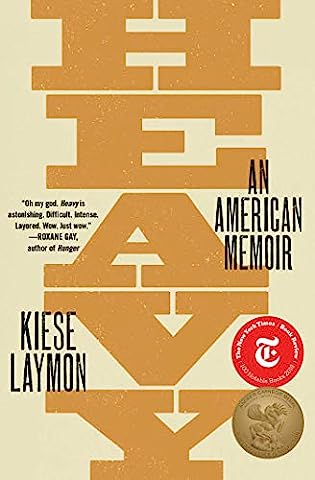 Heavy by Kiese Laymon
Heavy by Kiese Laymon Published by Scribner on October 16, 2022
Genres: Memoir
Pages: 248
Format: E-Book, eBook
Buy on Amazon, Buy on Bookshop
This post contains affiliate links you can use to purchase the book. If you buy the book using that link, I will receive a small commission from the sale.
Goodreads
In this powerful and provocative memoir, genre-bending essayist and novelist Kiese Laymon explores what the weight of a lifetime of secrets, lies, and deception does to a black body, a black family, and a nation teetering on the brink of moral collapse.
Kiese Laymon is a fearless writer. In his essays, personal stories combine with piercing intellect to reflect both on the state of American society and on his experiences with abuse, which conjure conflicted feelings of shame, joy, confusion and humiliation. Laymon invites us to consider the consequences of growing up in a nation wholly obsessed with progress yet wholly disinterested in the messy work of reckoning with where we’ve been.
In Heavy, Laymon writes eloquently and honestly about growing up a hard-headed black son to a complicated and brilliant black mother in Jackson, Mississippi. From his early experiences of sexual violence, to his suspension from college, to his trek to New York as a young college professor, Laymon charts his complex relationship with his mother, grandmother, anorexia, obesity, sex, writing, and ultimately gambling. By attempting to name secrets and lies he and his mother spent a lifetime avoiding, Laymon asks himself, his mother, his nation, and us to confront the terrifying possibility that few in this nation actually know how to responsibly love, and even fewer want to live under the weight of actually becoming free.
A personal narrative that illuminates national failures, Heavy is defiant yet vulnerable, an insightful, often comical exploration of weight, identity, art, friendship, and family that begins with a confusing childhood—and continues through twenty-five years of haunting implosions and long reverberations.
Heavy is a fantastic, well-written memoir. It’s unflinching, honest, raw, and beautiful. Fair warning: it is extremely sad and deals with some difficult issues, including addiction, weight fixation, anorexia, physical abuse, psychological abuse, sexual abuse, and racism.
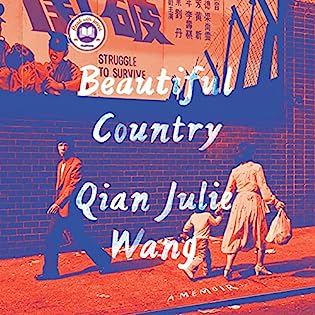 Beautiful Country: A Memoir by
Beautiful Country: A Memoir by 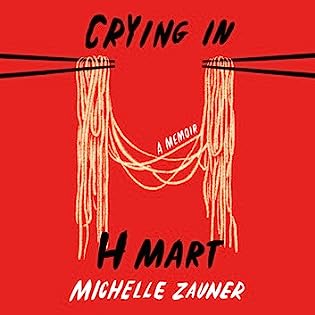 Crying in H Mart by
Crying in H Mart by 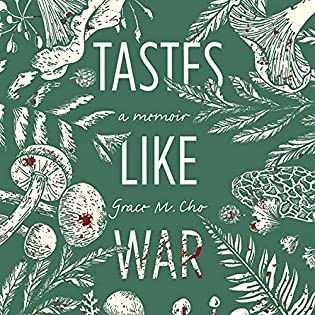 Tastes Like War by
Tastes Like War by 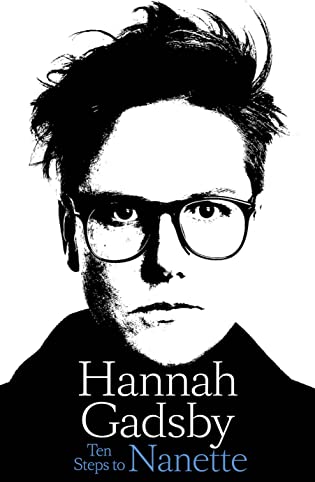 Ten Steps to Nanette by
Ten Steps to Nanette by 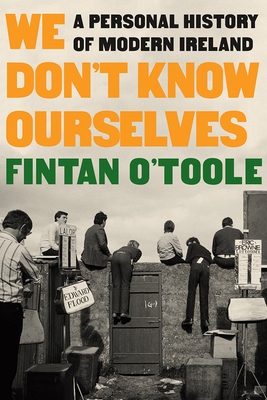 We Don't Know Ourselves: A Personal History of Modern Ireland by
We Don't Know Ourselves: A Personal History of Modern Ireland by 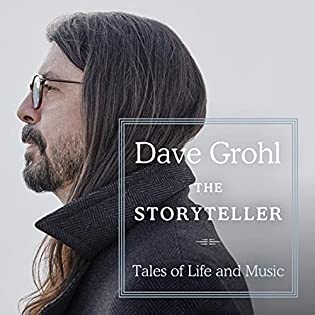 The Storyteller: Tales of Life and Music by
The Storyteller: Tales of Life and Music by 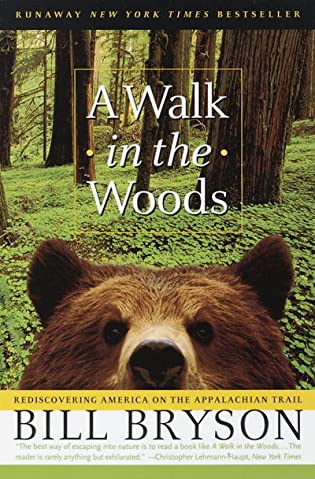 A Walk in the Woods: Rediscovering America on the Appalachian Trail by
A Walk in the Woods: Rediscovering America on the Appalachian Trail by 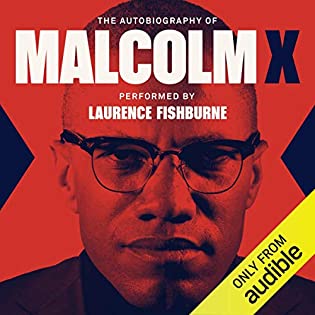 The Autobiography of Malcolm X: As Told to Alex Haley by
The Autobiography of Malcolm X: As Told to Alex Haley by 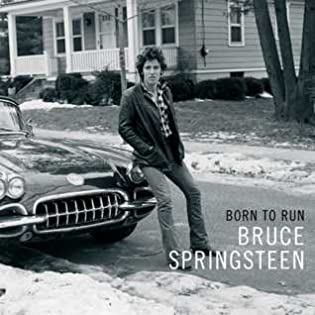 Born to Run by
Born to Run by 